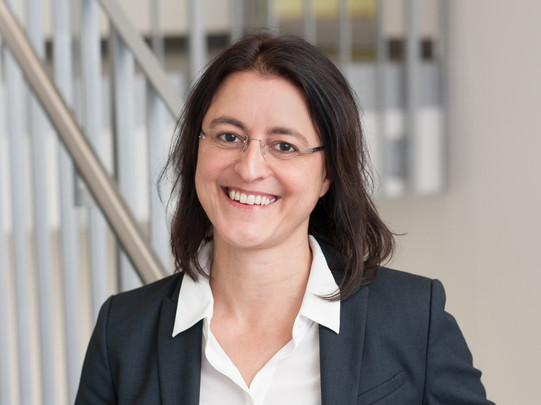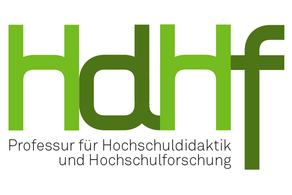Prof. Dr. Tina Seufert

Can Virtual Reality Support Learning? – Challenges for Instructional Design
– Vortrag in englischer Sprache –
Datum: Mittwoch, 28. Juni 2023
Zeit: 16:00–17:30 Uhr
Ort: Online via Zoom
To answer the question whether VR or other mixed reality learning scenarios can help to foster learning one has to understand how learning processes actually work. Particularly, the rich visual input needs to be processed and learners might be even overloaded. However, the immersive experience can also have positive effects on learners' engagement, their motivation and opens up new perspectives. From an instructional design point of view many research studies show these challenges and advantages. In my talk I want to provide insights into how both sides of the coin can be explained, and more importantly even used to create effective VR learning scenarios.
Tina Seufert received her Ph.D. with summa cum laude from the University of Landau in 2003 with her doctoral thesis on "Coherence formation in learning with multiple representations". As a Postdoc and research associate, she worked at the Department of Psychology at the University of Göttingen and the Department of Education at the Saarland University, where she habilitated on "Learning with multiple representations" in July 2008. Shortly before finishing her habilitation, she accepted the offer of a professorship in Learning and Instruction at the Institute of Psychology and Education at the Ulm University where she works since April 2008.
Professor Seufert instigated and shaped the undergraduate and graduate degree programs in Psychology at the Ulm University in her positions as the head of the Institute of Psychology and Education (2009–2013) and as the dean of the Faculty of Engineering, Computer Science and Psychology (2013–2016).
Her research interests comprise research on learning with multiple representations, effective strategies for multimedia or virtual reality learning as well as evaluations of trainings for self-regulation with respect to learners' cognitive capacity and cognitive load. Thus, she focusses aptitude-treatment-interactions and on Cognitive Load Theory.
Forschungskolloquium Hochschulforschung
Zentrum für HochschulBildung (zhb)
Professur für Hochschuldidaktik und Hochschulforschung





